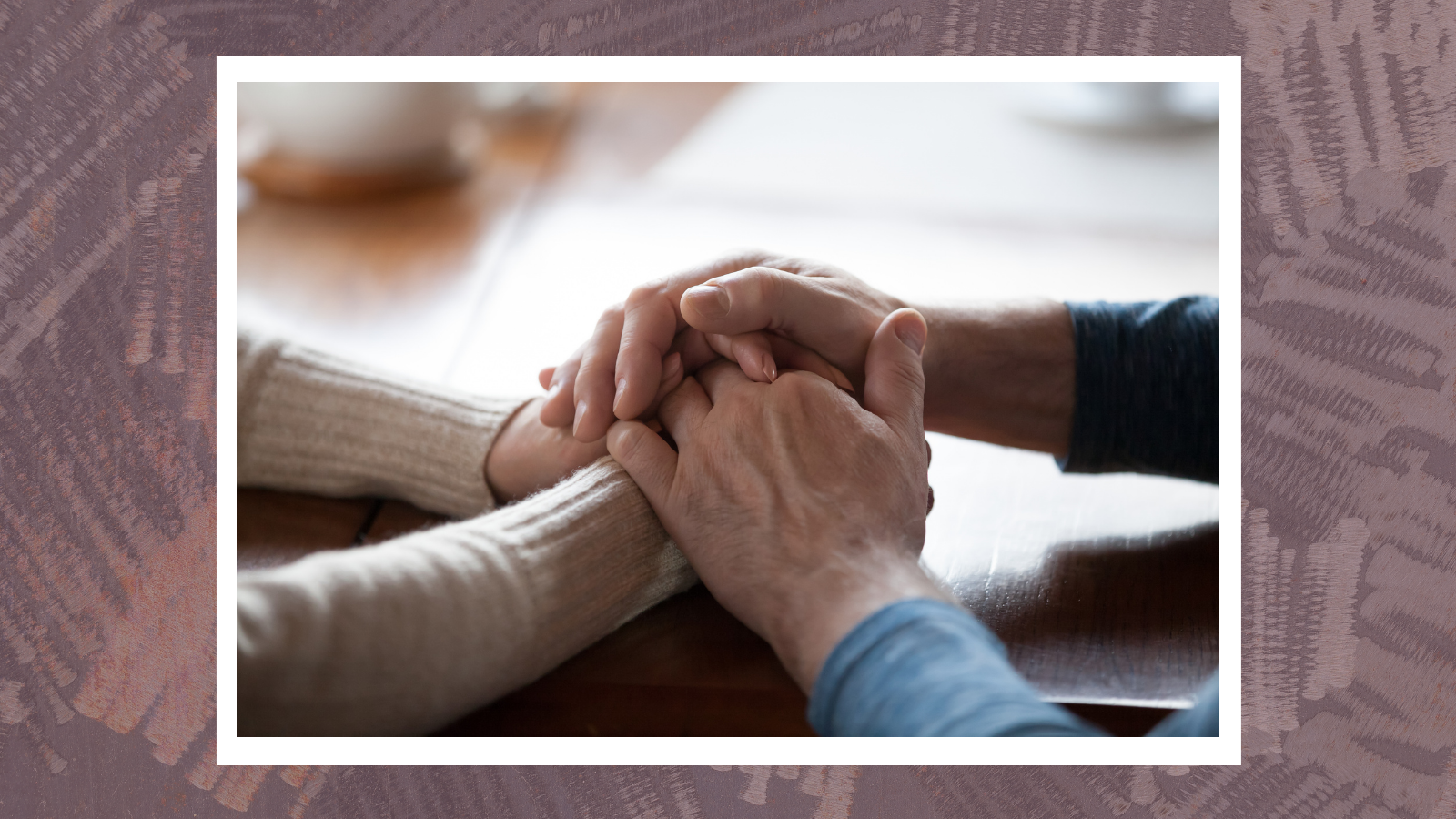By Rod Campbell, MAMFT, LPC-S
Registered play therapist/supervisor, Pathways Professional Counseling
Having a good plan to know how you and your church leadership would respond should an allegation of sexual abuse occur will help everyone. Waiting until the devastation has occurred to start asking questions of responsibility, legal issues, who to call, how to provide support and where to find support services will ultimately leave everyone feeling overwhelmed.
When churches are not prepared, everyone loses, especially the survivor of the abuse who may not feel heard, seen, safe or that the abuse is addressed appropriately. Outlined below are suggestions to consider as you prepare a proper response, seek appropriate counsel and provide training that shows care for the one who has been abused and all who are affected by the events as they unfold.
First, create a comprehensive plan.
It’s important to review policies and procedures to make sure your church is safe for children and adults. Reach out to experts to ensure appropriate safeguards are in place to prevent anyone from being harmed. Years of growth can cause church policies and procedures to become outdated. Without regular assessment and training, anyone can become less vigilant than is required.
If someone comes forward with allegations, take them seriously. All allegations should be handled with care and concern — every time. The initial goal is not to prove or disprove the allegations, but rather to hear what is being shared and make sure the survivor feels safe telling his or her story. It is difficult to understand how emotionally taxing it can be for a survivor of abuse to come forward. Many are not believed or are made to feel they must prove allegations beyond any doubt before being taken seriously.
Listen well, empathize with them and offer support. Then follow the plan your church leadership has in place in the event allegations of abuse are revealed. If allegations should be proven false later, the situation can be handled as needed at that time. Take the initial reports seriously and respond appropriately.
Second, understand the legal steps.
Once an allegation is made, it is important church members and leadership understand Alabama Mandatory Reporting Law for minors.
It reads in part: “… members of the clergy as defined in Rule 505 of the Alabama Rules of Evidence, or any other person called upon to render aid or medical assistance to any child, when the child is known or suspected to be a victim of child abuse or neglect, shall be required to report, or cause a report to be made of the same, orally, either by telephone or direct communication immediately, followed by a written report, to a duly constituted authority.”
When preparing your response plan, be certain you have sought out good legal advice follow all applicable laws in a situation involving minors and abuse. Making a report to the Alabama Department of Human Resources may seem like a difficult decision, but churches must lead out in taking this step toward justice and away from any form of secrecy. Taking the proper steps to protect anyone who has been harmed must be the top priority.
Third, provide training and response expectations.
Training of ministers, staff and volunteers is vital so everyone understands their responsibilities if they receive a report of abuse or neglect. Each person should know the role they need to fulfill when allegations of abuse are made.
It is imperative non-trained church staff, parents, friends, volunteers or any other well-meaning individuals avoid questioning the survivor. Without specialized training, questioning them will likely result in more harm if the survivor senses they are being blamed or needing to justify the allegations. If a DHR report is necessary or if the survivor wants to talk to the police, questioning should wait until those meetings occur.
We recommend referring the survivor to a professional counselor who has specific training in working with survivors of abuse. Specialized training and experience uniquely equips the counselor to walk with an abuse survivor through this highly emotional and difficult journey. As church leaders and staff, you can listen, offer supportive resources, pray for them and let them know this should never have happened to them. Let the survivor know you are there and want to provide the best help possible through local professionals, support groups and other resources.
Fourth, prepare for ongoing church support.
The church also has a vital, ongoing role to play in supporting an abuse survivor. Anyone who has been deeply wounded knows the importance of having a robust support system. The person will likely need tremendous amounts of acceptance and empathy. Depending on the age and developmental stage of the person involved, a wide variety of difficult emotions or behaviors may result from the abuse. Small children often have outbursts of anger or cry easily. Older children or teenagers may harm themselves or behave in ways that seem to make the situation worse.
Other symptoms, no matter the age or stage of the survivor, can include depression, anxiety or self-harming behaviors. Abuse survivors also are highly skilled in covering their hurt and pain. They may look fine on the outside, but this could be a coping method. Once a survivor decides to come forward, they need the support necessary to deal with any emotions or memories they have been holding secret. Being admonished to “get it together,” “get over it” or “just move on” is not helpful and can cause the person to feel victimized all over again. Messages of love and support that communicate the person is not alone and is heard, valued and cared for are vital.
Outside of reporting the situation to authorities, church members need to understand the story is not theirs to tell. If it did not happen to you, avoid any temptation to talk about it with others.
It is important for survivors to feel safe and comfortable as they share their story.
For those close to the person affected, avoid asking lots of questions. Anyone who has been through a disclosure, report, forensic interview and investigation has been asked a plethora of questions. What survivors need from those closest to them is something along the lines of “I’m here for you if you want to talk.” They need ownership of their story, and they need control over who they talk with about it. Knowing they are loved and supported is essential to help them begin their journey toward healing.
EDITOR’S NOTE — This story was written by Rod Campbell, MAMFT, LPC-S and registered play therapist/supervisor for Pathways Professional Counseling, a sister ministry of the Alabama Baptist Children’s Homes & Family Ministries. Find additional resources on topics such as trauma, anxiety, depression and more at pathwaysprofessional.org/







Share with others: